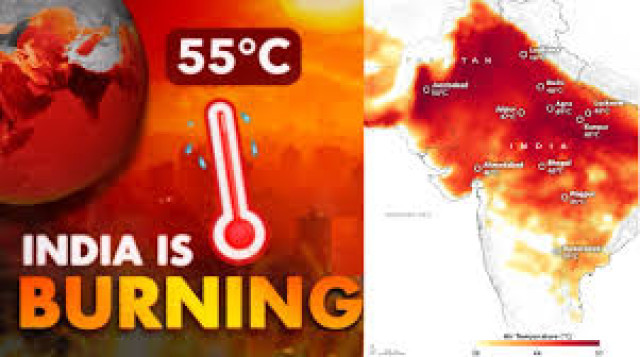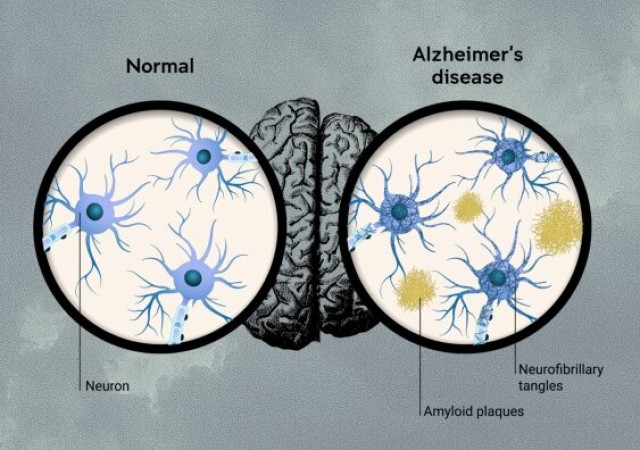The Unprecedented Heatwave Of 2024: Causes, Impact, And Solutions
- Posted on 16-07-2024
- Health
- By Anshu Kumar
- 172 Views
The summer of 2024 has witnessed an unprecedented heatwave that has affected millions of people across the globe. This blog explores the causes behind this extreme weather event, its widespread impact on health, environment, and economies, and potential solutions to mitigate future occurrences.

Introduction:
As temperatures soar to record-breaking levels, the summer of 2024 is being marked by a heatwave that is causing significant distress worldwide. From Europe to North America, Asia to Africa, no continent is being spared. This blog delves into the science behind this extreme weather event, its far-reaching effects, and the measures we can take to combat future heatwaves.
Causes of the 2024 Heatwave:
- Climate Change:
- The primary driver of the current heatwave is climate change, fueled by the continued emission of greenhouse gases. The global average temperature has increased by approximately 1.2°C since the pre-industrial era, leading to more frequent and severe heatwaves.
- Atmospheric Conditions:
- A high-pressure system has been stationary over large parts of the Northern Hemisphere, trapping heat and causing prolonged periods of extreme temperatures. This phenomenon, known as a heat dome, exacerbates the intensity and duration of the heatwave.
- Urban Heat Islands:
- Urban areas, with their high concentration of buildings and concrete, retain more heat compared to rural areas. This effect, known as the urban heat island effect, is intensifying the heatwave's impact in cities.
Impact of the Heatwave:
- Health:
- The extreme heat poses severe health risks, particularly for vulnerable populations such as the elderly, children, and those with pre-existing health conditions. Reports of heatstroke, dehydration, and heat exhaustion have surged.
- Environment:
- Ecosystems are under tremendous stress. Forest fires have become more frequent and intense, air quality has deteriorated, and water bodies are experiencing unprecedented levels of evaporation.
- Economy:
- The economic impact is profound, with increased energy consumption for cooling, damage to infrastructure, and disruptions in agriculture. Crop yields are declining, and food prices are soaring, exacerbating food insecurity.
Solutions and Mitigation Strategies:
- Transition to Renewable Energy:
- Reducing reliance on fossil fuels by shifting to renewable energy sources such as solar, wind, and hydroelectric power can significantly cut greenhouse gas emissions.
- Urban Planning:
- Implementing green infrastructure, such as green roofs, parks, and urban forests, can mitigate the urban heat island effect and enhance the resilience of cities to extreme heat.
- Public Awareness and Preparedness:
- Governments and organizations need to enhance public awareness about heat-related health risks and promote preparedness strategies, such as cooling centers and heat action plans.
- International Cooperation:
- Addressing climate change and its impacts requires global cooperation. Countries must commit to international agreements like the Paris Agreement and work together to achieve sustainable development goals.
Conclusion:
The 2024 heatwave serves as a stark reminder of the pressing need to address climate change and its consequences. While the challenges are immense, proactive measures and international collaboration can pave the way for a sustainable and resilient future. It is imperative for individuals, communities, and governments to take urgent action to mitigate the impacts of extreme heat and safeguard our planet for future generations.



-6OM9D9OmZz.jpeg)
